Beginner’s Guide to Bird Feeding: What To Know Before You Start
Whether you’ve decided to start a bird feeding or would love to advise a bird feeder, here’s our guide. In today’s century, chicken has managed to attain cultural dominance in the world. In fact, the widespread is becoming more common. Not just food, but birds also make great pets with their colors.

While the chances of becoming a professional bird feeder are relatively scarce, there are also fantastic methods to achieve these goals. But, it is critical to know how it works and how to feed a bird for its best nutrition. Many studies even analyze the benefits of understanding the process before you begin.
For example, a study presented by the Illinois State Academy of Science disclosed that feeders could be closer to birds than tree covers. Another study claims that bird feeding is the trick to attract a wide range of birds. Of course, who doesn’t want to increase their connection with nature without harm?
I’m sure that’s what you’d like! That’s why Kingsyard is here to proffer a solution to your problem. There are many things to explore before thinking about bird feeding. Not only are the basics essential, but getting a glimpse of what it entails, installing window bird feeders correctly, and others are significant.
However, we’ve come to your rescue! Today, we are keen to walk you through the ultimate guide to bed feeding. Our topics today are not limited to something you should know before bird feeding, its advantages to bird health, different feeder options, and many more. Are you ready to explore? Read on!
5 Things to Know Before Bird Feeding
- Bird’s Unhealthy Food
- Use of Pesticides
- Cleaning Feeders
- Invest In a Good Vacuum Upfront
- Right Time to Feed Bird
1. Bird’s Unhealthy Food
Like humans, unhealthy food causes more fatalities than smoking and alcohol. Here, an unhealthy diet for birds might leach toxins into their skins, leading to sudden death and digestive issues. The food that we buy, however, should be beneficial. An example includes feeding on seeds from flowers like violets. Meanwhile, avoid buying unhealthy foods such as donuts, cake, bread, etc., to feed your birds.

2. Use of Pesticides
Ideally, pesticides are used to kill off insects in crops. While this method can improve crop quality, it’s dangerous to birds. In fact, neonics are often used, and your songbird could die from this treatment. So if you’d love to keep your bird safe, refrain from using any toxic pesticides.
3. Cleaning Feeders
Failing to clean your bird feeders would likely lead to deadly diseases. As an ornithologist or someone who admires birds, you can avoid dirty feeders by cleaning your bird feed at least once every two weeks. The process is quite simple; run it under hot water and scrub with soap to be free of bird droppings.
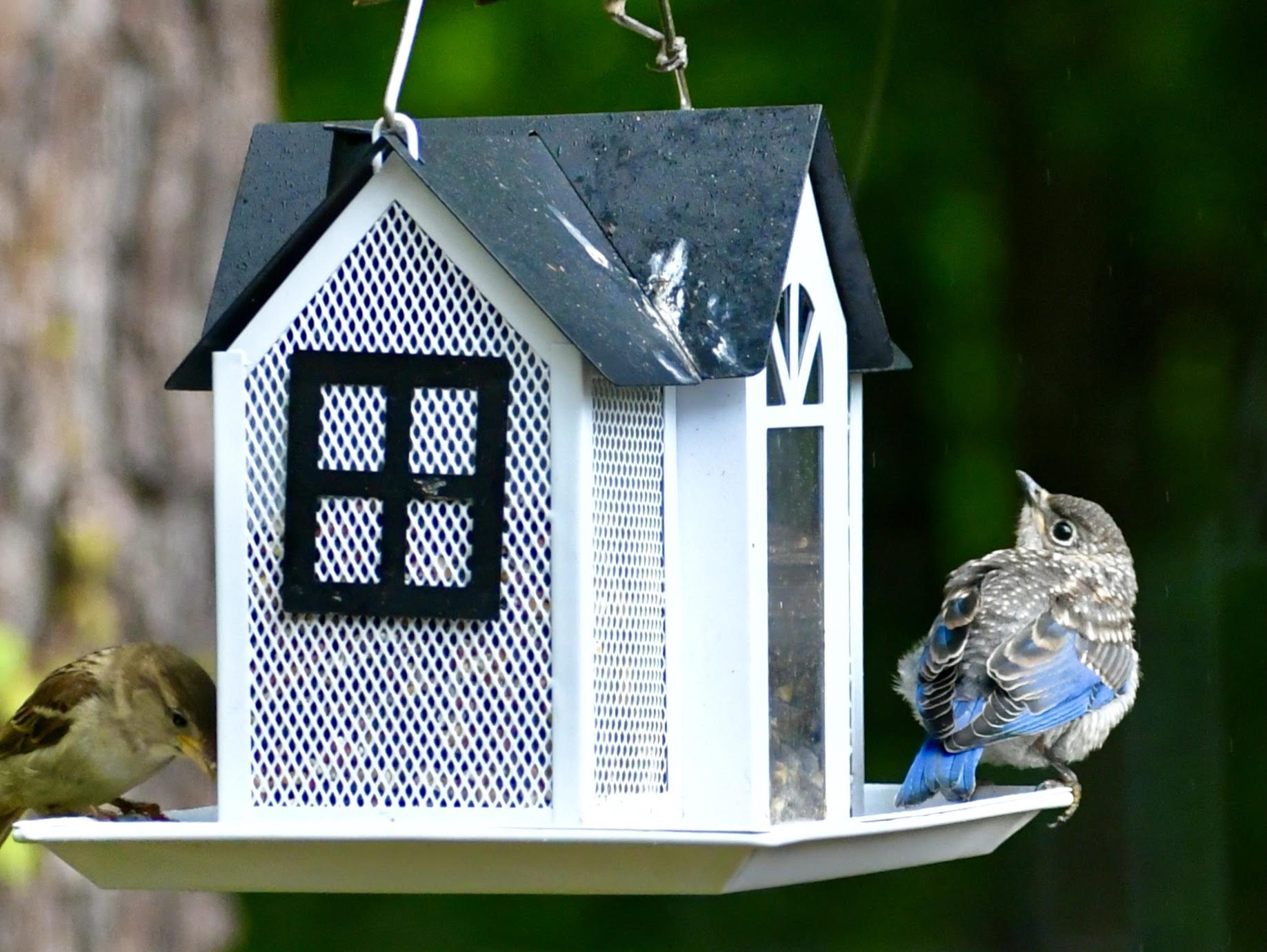
@Christina Zou
4. Invest In a Good Vacuum Upfront
The benefits of investing in a good vacuum upfront are significantly endless. Since birds throw things anyhow, getting a good vacuum would be good. Even when you’ve just cleaned their room, you’ll be surprised to see many particles on the floor. That’s why you need to invest, and you’ll be happy.
5. Right Time to Feed Bird
Feeding birds in winter is helpful for birds. And this is because; many of the natural seed sources are scarce; temperatures are low, soil surface becomes cold, and may often be covered in a sheet of snow during this period. This way, birds will rely more on your feeders for survival as food becomes scarce.
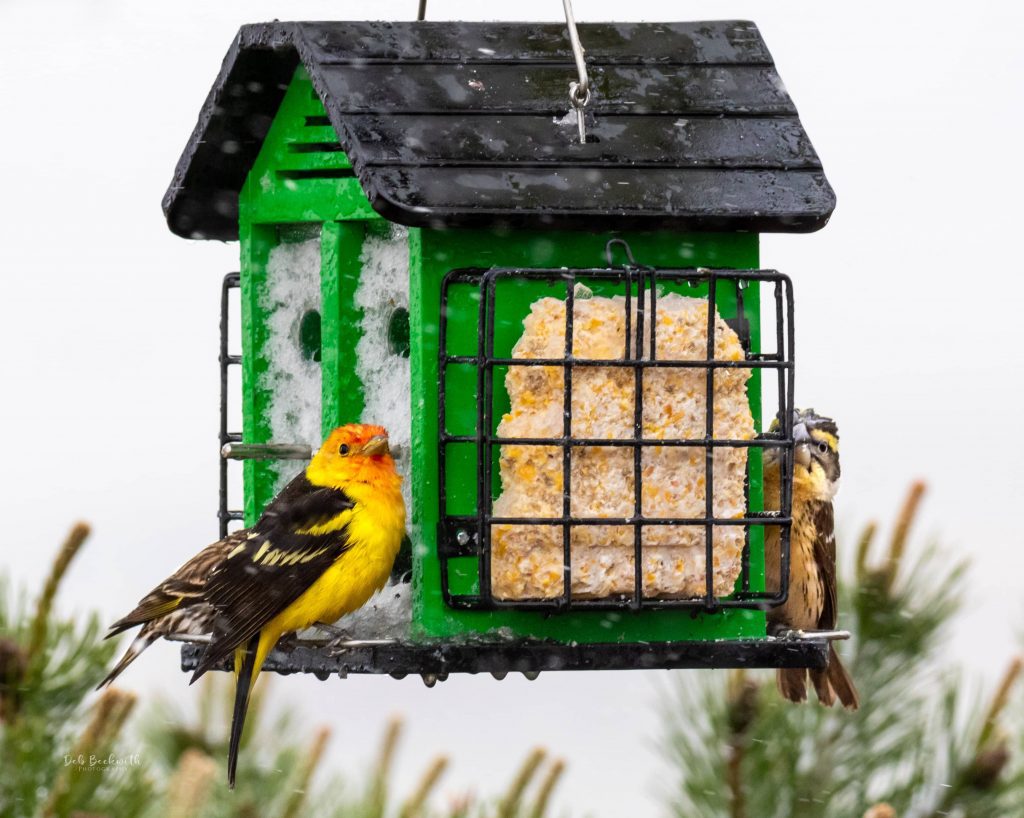
@debsdailybird
Final Verdict
If you’re thinking of getting a backyard bird, the urge to keep them safe can be irresistible. Although the process could take a lot of effort, the desire to explore will give you an edge for the best nutrition. Should you have any problems with your birds, refer to Kingsyard for possible solutions.
We have more starting guides for you, check more.
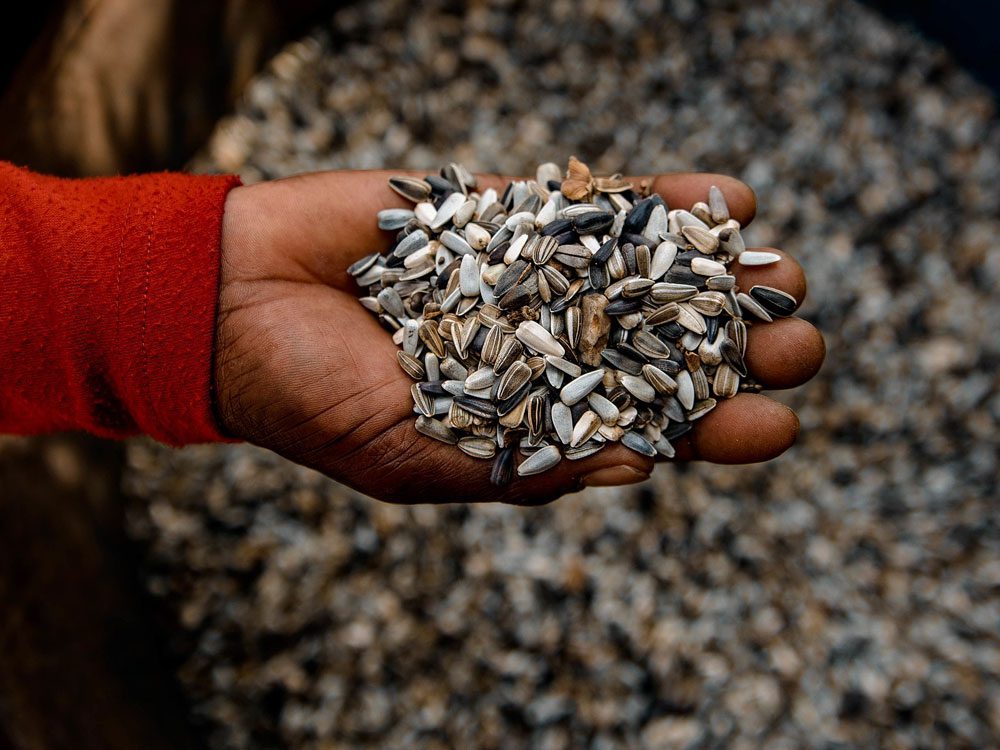
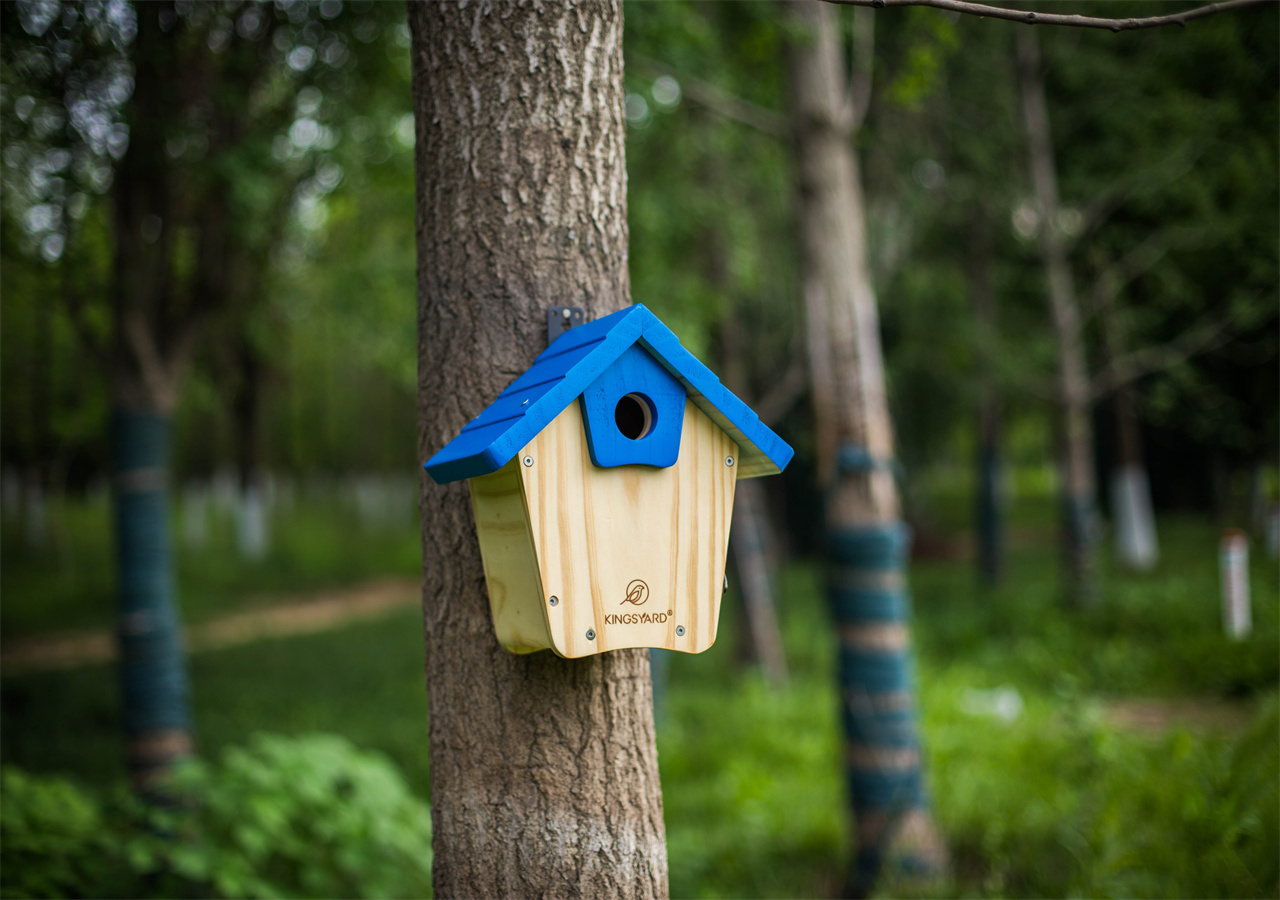
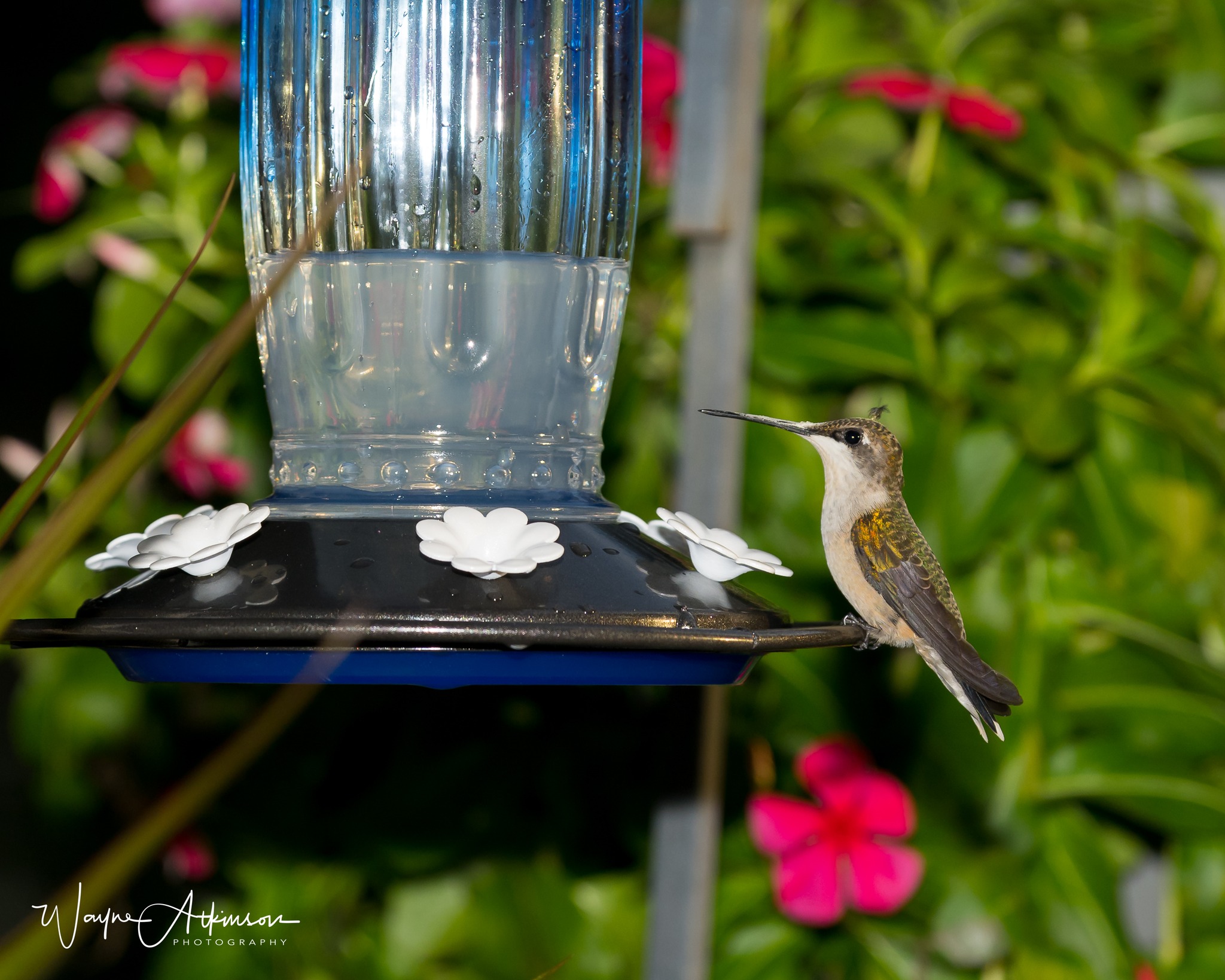
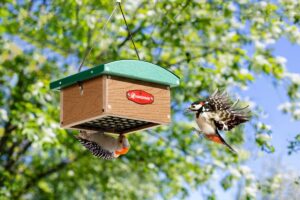
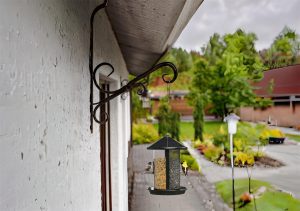
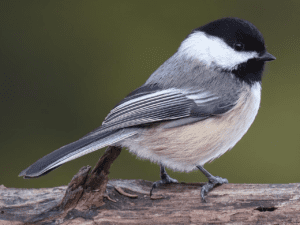
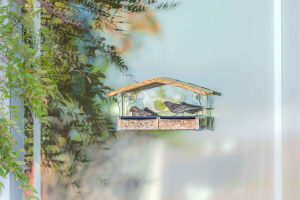
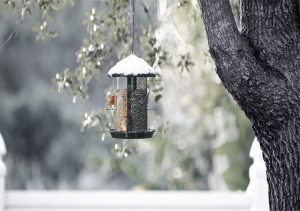
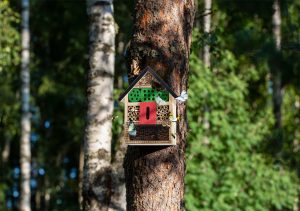
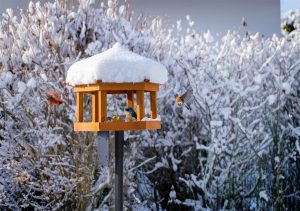
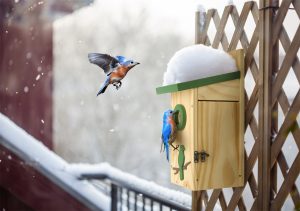
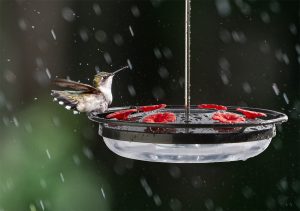
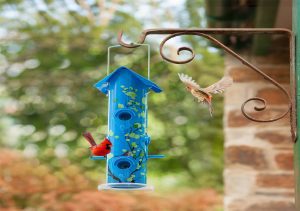
1 comment